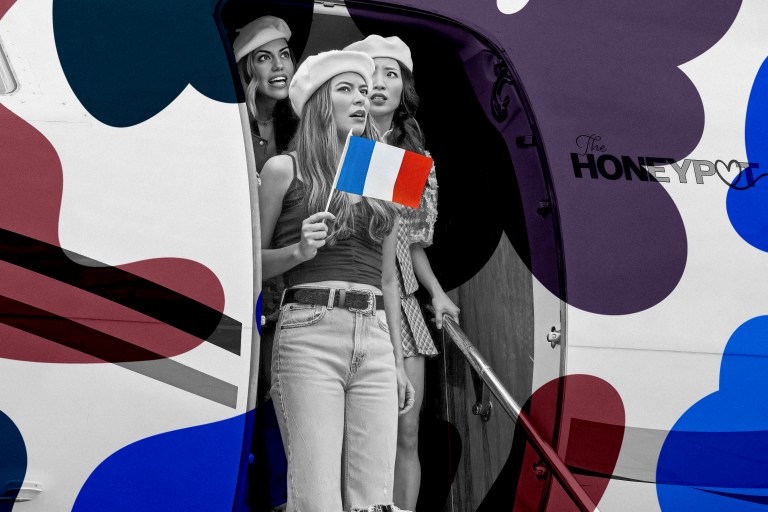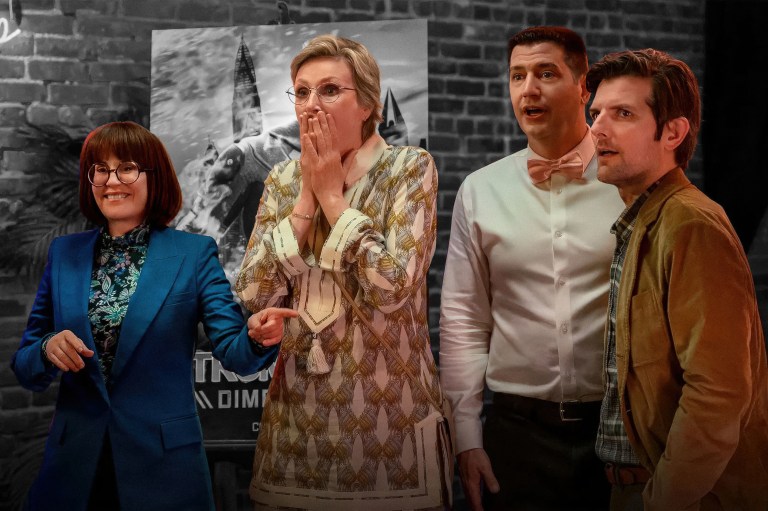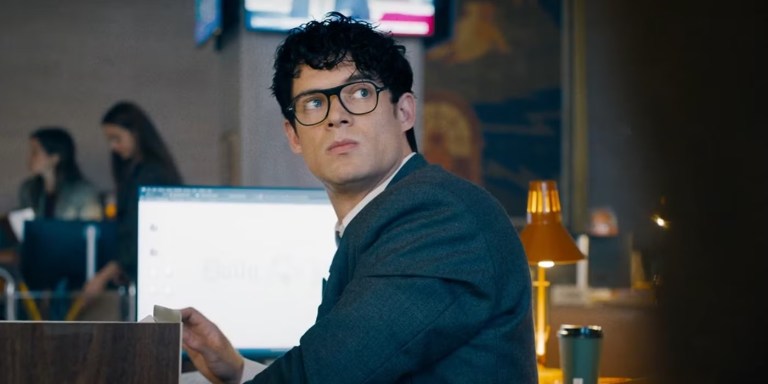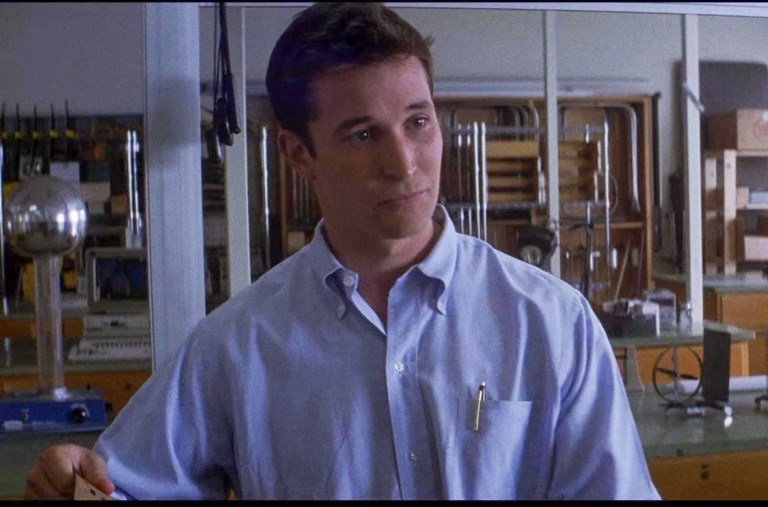
The Chris Evans We Grew Up With Doesn’t Exist Anymore–And Maybe That’s A Good Thing
There’s something bittersweet about realizing your crush has grown up.
Not just aged but slowly turned into someone you don’t recognize, someone who no longer looks like the person you once adored. It’s like watching your favorite love song slow to a deeper, moodier tempo. That’s what’s happened with Chris Evans. For a generation that grew up watching him play the arrogant but lovable jock or the noble superhero, his recent retreat from the spotlight has been jarring.
But maybe that discomfort is pointing us toward something we don’t often talk about. What happens when we like the idea of someone more than the actual person? Fans fell in love with the Chris Evans persona. But in reality, personas aren’t sustainable. In recent years, Evans has become more private. And while fans miss the version of him who posted about his dog on social media, there’s something fascinating about a man who no longer needs to be adored to feel complete.
The Heartthrob Who Played It Safe
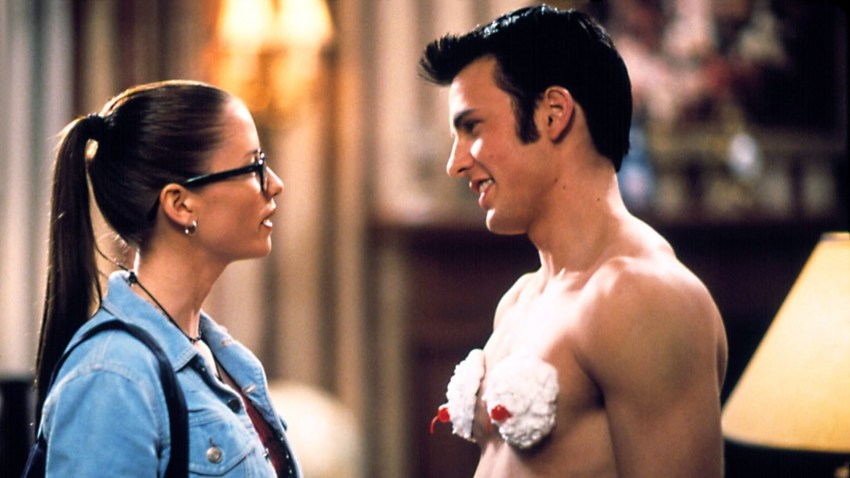
In the early 2000s, Chris Evans was the kind of attractive that didn’t need much depth. His breakout roles in films like Not Another Teen Movie and Fantastic Four cemented him as the guy you crush on but don’t necessarily want to figure out. He was all abs and quips, playing into a post-Y2K fantasy of masculinity that prioritized surface over substance. His characters were the embodiment of male eye candy during a time when objectification had gone mainstream for both genders.
There was comfort in the predictability of almost every character Evans played. You knew what you were getting – handsome, mildly self-deprecating, emotionally uncomplicated. He fit the mold of a cultural moment that told men it was enough to be hot and vaguely sensitive. And we accepted that. We didn’t ask for more because we didn’t expect more. But underneath all that glossy, poster-boy energy was something deeper.
Captain America and the Weight of Being Good
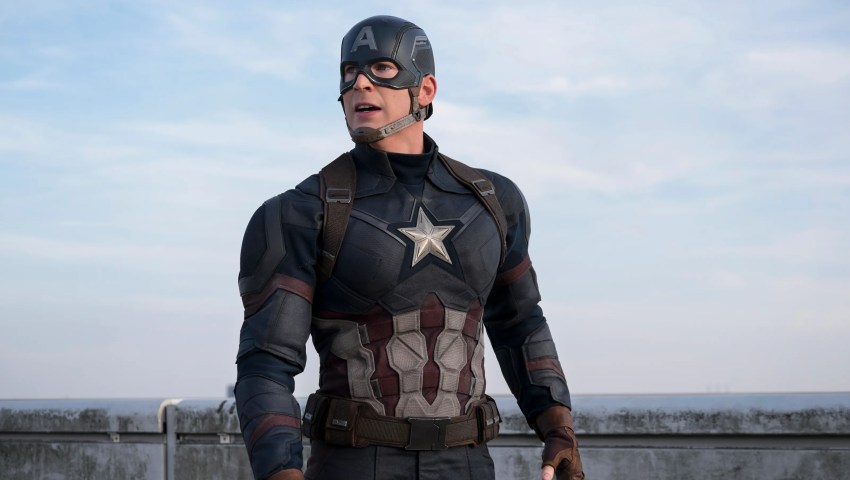
Evans’ leap into the Marvel Cinematic Universe as Steve Rogers was a shift, not just in his career, but in how the world viewed him as a person (See what I meant about falling for the idea of someone?). Captain America wasn’t a playboy or a boy-next-door. He was a golden-hearted soldier frozen in time, out of step with modern cynicism. But Evans didn’t play him as a shiny, uncomplicated hero. He added restraint and a kind of aching loneliness that made the role resonate more than anyone expected.
You could see it in his body language, which exuded the quiet exhaustion of someone constantly asked to do the right thing while sacrificing their own needs. Steve Rogers wasn’t invulnerable – he was isolated and quietly disillusioned. And fans responded not just to the idealism but to the burden of it. Evans made the Marvel super soldier more human. And that was the beginning of a more nuanced masculinity, one where strength came from emotional restraint, not arrogance disguised by hotness.
Aging Out Loud (and Off-Screen)
Now in his early 40s, Chris Evans has started doing what very few male stars are allowed to do – disappear without drama. No messy scandal, no reinvention tour. Just a simple vanishing act. He’s taken fewer roles, skipped out on heavy press circuits, and largely avoided the social media carousel unless contractually obligated to promote something. For someone who once seemed so eager to connect with fans, his retreat feels almost like a quiet rebellion.
And perhaps the most polarizing move of all was his low-key marriage to Portuguese actress Alba Baptista, who is 16 years his junior. The news felt like a cold splash of reality for some longtime fans. Not because he got married but because it revealed how much of his life was happening off-camera, without us. The illusion of availability and emotional accessibility was shattered. And maybe that was the point. We were never supposed to know him. We were supposed to know the version of him we created.
Roles That Reflect Men in Transition
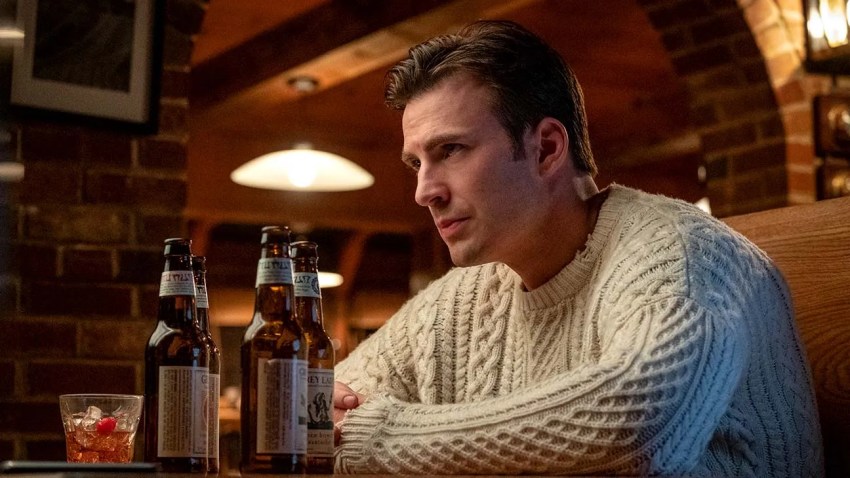
Evans’ recent work reflects a man who is more interested in complexity than charm. In Knives Out, he plays Ransom Drysdale, a privileged sociopath whose entitlement is both hilarious and deeply unsettling, which can be seen as a deliberate upending of his Captain America image. In Defending Jacob plays a father dealing with the possibility that his child might be a killer, with nothing he can do to prove otherwise. He doesn’t play these men to be loved. He plays them to be understood, if only briefly.
Even Ghosted, a romantic comedy on the surface, messes with gender dynamics. Evans isn’t the confident, world-saving hero. He’s the one left on read/ His latest role in Materialists, opposite Dakota Johnson and Pedro Pascal, sees Evans play John, the less attractive choice in the movie’s love triangle storyline. It’s a small shift, but it signals that he’s no longer leading with desirability. He’s not asking to be wanted. He’s asking to be seen, even if what you see isn’t flattering.
What Happens When a Crush Grows Up?
So what do we do when the fantasy changes shape? When the boy we loved grows into a man we don’t quite recognize? For many fans, there’s been a subtle grief in letting go of the approachable Chris, who played piano on Instagram, tripped on red carpets, and did impressions of his little nephew on late-night talk shows. But we’re not supposed to stay frozen in time. Crushes grow up, or they stagnate.
Evans now embodies a different kind of archetype – the emotionally private, self-aware man who is busy tending to his actual life, not curating his public one. He is still objectively attractive. That hasn’t changed. But the kind of appeal he radiates now isn’t about fantasy. It’s about something drenched in reality. He no longer feels like a crush. He feels like a mirror that reflects our own shifting priorities.
